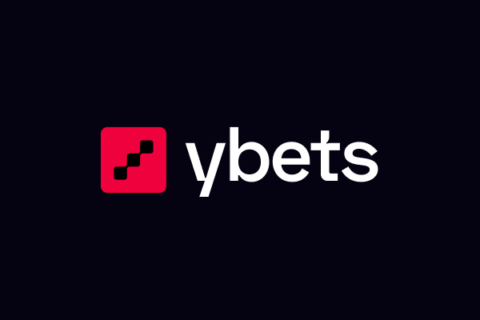Ireland to Begin Licensing Gambling This Year

The Gambling Regulatory Authority of Ireland (GRAI) was established last year and officially began its operations on March 5. One of its main objectives is to license gambling operators under the new legislation.
In the long run, all types of gambling – except for the national lottery – will require licensing. There will be three types of licenses: B2C, B2B, and charity organization licenses.
According to the plan, licenses for sports betting (both offline and online) will start being issued by the end of this year, while casino licenses will follow in early 2026. By 2027, the market is expected to be fully regulated under a unified legal framework.
Currently, the regulator is already collecting license applications through a survey on its official website. The purpose of the survey is to assess demand for different types of licenses.
The most concerning aspect of Ireland’s new gambling law is the strict limitations imposed on operators. For example, incentive measures such as VIP services, free spins, and no deposit bonuses are banned, along with social media promotions and direct advertising. As practice shows, such restrictions often make the market attractive to offshore operators, for whom these limitations have no legal force.
How Will This Affect Irish Players?
For Irish gamblers, the updated rules will present a mix of benefits and challenges. On the upside, a fully licensed and controlled market is expected to enhance player safeguards, promoting fair gaming, responsible betting practices, and reliable payment systems. Operators with licenses will need to adhere to tough standards, lowering the chances of scams and shady behavior.
On the flip side, limits on promotional offers – like the removal of free spins, no-deposit bonuses, and loyalty schemes – might reduce the appeal of gambling for many. Plus, the ban on social media ads and direct outreach could make it trickier for players to find new sites or keep up with deals from approved operators.
A key worry is that these tight rules could push a large chunk of Irish players toward offshore gambling sites, which operate outside Irish jurisdiction. These unregulated sites might not offer the same safety nets, potentially raising the risks of unfair conditions, slow withdrawals, or weak responsible gaming options. If offshore casinos grow in demand, it could defeat the whole purpose of the new laws: building a more secure and open gambling scene.
- Other news categories:
- SlotsUp's news






